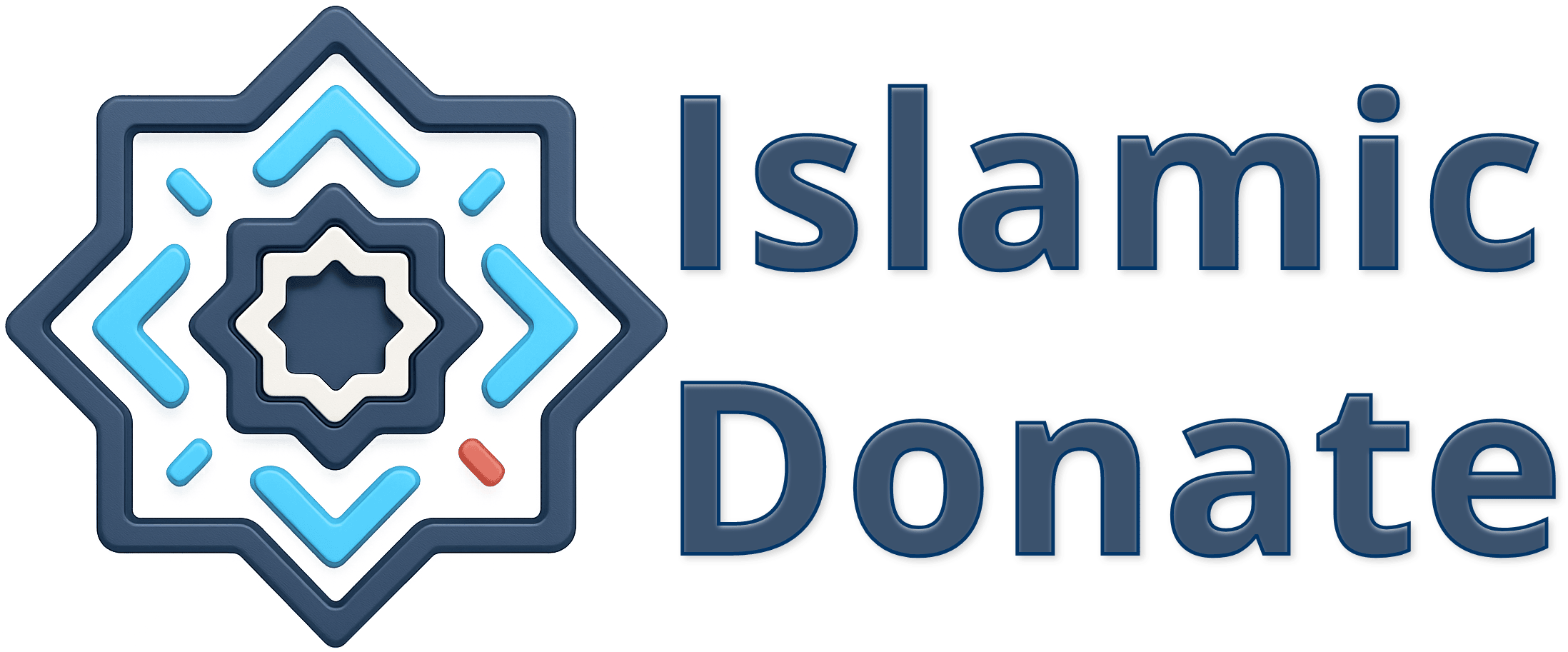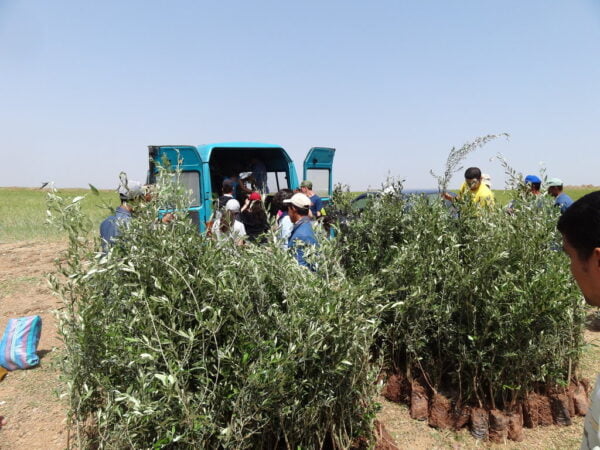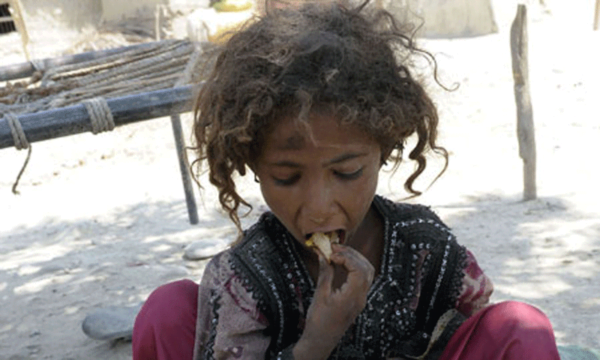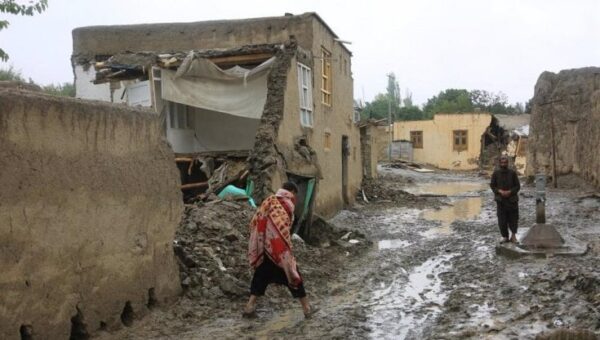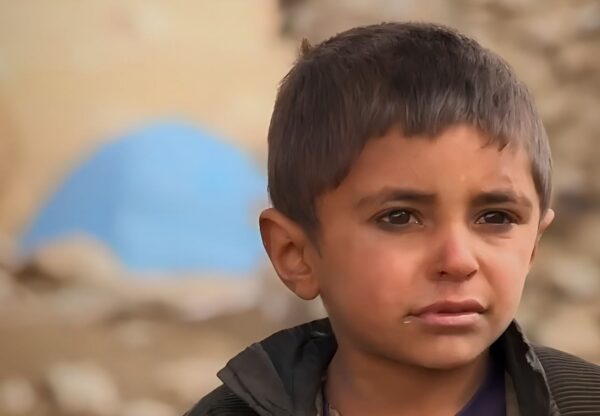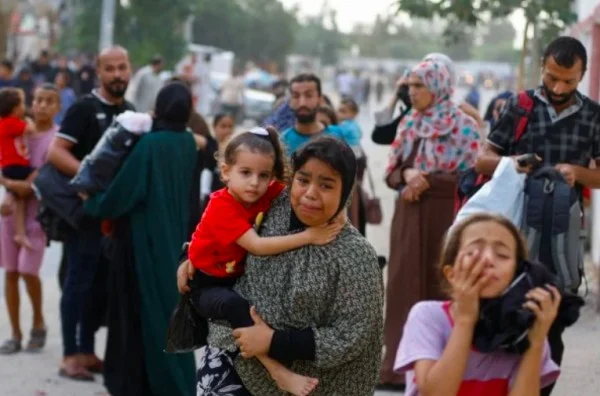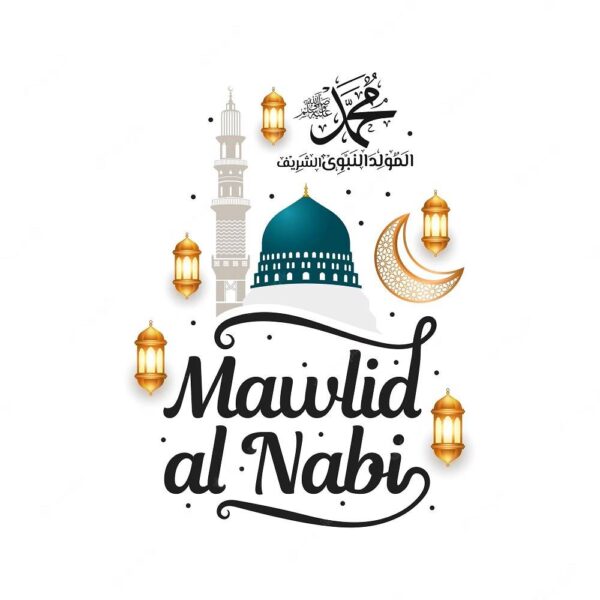Olive trees are one of the most beneficial and blessed plants in the world. They are mentioned in the Quran and the Hadith as symbols of peace, prosperity, and purity. They produce olives that are rich in nutrients, oil that is used for cooking and lighting, and wood that is used for building and crafting. They also provide shade, beauty, and fragrance to the environment.
Olive trees are also a great way to perform Sadaqah, which is the voluntary charity that every Muslim is encouraged to do for the sake of Allah. Sadaqah is a means of purifying one’s wealth, earning Allah’s pleasure, and helping those who are in need. Sadaqah can be given in many forms, such as money, food, clothes, or even a smile.
However, one of the best forms of Sadaqah is Sadaqah Jariyah, which is the continuous charity that keeps on giving benefits even after the donor has passed away. Sadaqah Jariyah can be done by doing something good that lasts for a long time, such as building a mosque, digging a well, or teaching someone knowledge.
Planting an olive tree is a perfect example of Sadaqah Jariyah, as it can provide benefits for generations to come. The Prophet Muhammad (peace be upon him) said: “If a Muslim plants a tree or sows seeds, and then a bird or a person or an animal eats from it, it is regarded as a charitable gift for him.” (Bukhari)
By planting an olive tree, you can:
- Provide food and income for the poor and needy who can harvest and sell the olives or use them for their own consumption.
- Provide oil and wood for the poor and needy who can use them for their daily needs or sell them for extra income.
- Provide shade and beauty for the people and animals who can enjoy the coolness and freshness of the tree.
- Protect the environment and combat climate change by reducing carbon dioxide emissions and increasing oxygen production.
- Earn rewards and blessings from Allah for every benefit that your tree produces, even after you have passed away.
How to plant an olive tree with our islamic charity
Our islamic charity is a nonprofit organization that works to provide humanitarian aid and relief to the most vulnerable and marginalized people around the world. We have launched a project to plant olive trees in Syria and Yemen, two countries that have been devastated by war and conflict.
Syria and Yemen are both historically known for their olive cultivation and production. However, due to the ongoing violence and oppression, many olive trees have been destroyed or damaged, affecting the livelihoods and well-being of millions of farmers and families.
Our islamic charity aims to restore hope and dignity to these people by planting olive trees in their lands. We have partnered with local organizations and experts to ensure that the trees are healthy, productive, and suitable for the climate and soil conditions.
We also provide training and support to the farmers and families who receive the trees, so that they can take care of them properly and benefit from them fully.
You can join us in this noble project by donating an olive tree for only $15. With this amount, you can:
- Provide an olive tree that is at least 3 years old and already producing fruit.
- Provide transportation and planting services for the tree.
- Provide irrigation and fertilization services for the tree.
- Provide maintenance and protection services for the tree.
You can also donate more than one tree if you wish, or make a donation on behalf of a loved one as a gift or a tribute.
How to benefit from planting an olive tree with our islamic charity
By planting an olive tree with our islamic charity, you can:
- Fulfill your duty of Sadaqah Jariyah and earn rewards from Allah for every benefit that your tree produces.
- Support our mission of providing humanitarian aid and relief to the most vulnerable and marginalized people around the world.
- Make a positive impact on the lives of millions of people in Syria and Yemen who are suffering from poverty, hunger, disease, and oppression.
- Make a positive impact on the environment by reducing carbon emissions and increasing oxygen production.
- Receive a certificate of appreciation from our islamic charity that acknowledges your donation and contribution.
We invite you to join us in this noble project by donating an olive tree today. You can visit our website or contact us for more information. Thank you for your generosity and support. May Allah bless you and your family.

